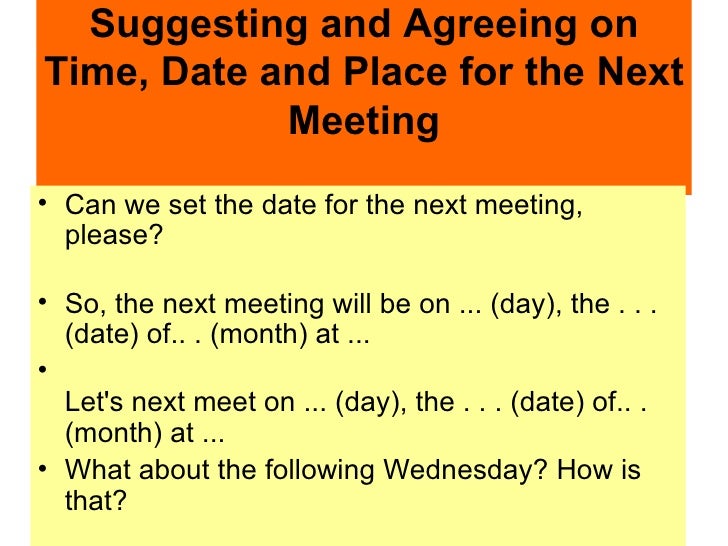“Life is short, but there is always time enough for courtesy.” ― Ralph Waldo Emerson
Generally speaking, people value being polite and respect good manners. A golden tip is that it is essential to utilize the three magical words of politeness in English : “Please”, “Thank you,” and “Excuse me”.
Often, it is easy to simply say : ''What?'' as opposed to ''Excuse me?'' - my advice is that one should try to cultivate good habits through grading your communication style.
What kind of language do you use when something is unclear / when you do not understand the question or statement ?
When something is unclear or you misheard - ''What!'', is inappropriate - instead, simply say :
''Pardon me, I did not get that...''
''Excuse me, I do not think I understood.'',
''Sorry, but could you repeat that ?''
It is common practice to say, ''Thank you.'' after your request has been fulfilled.

ADDITIONS:
1. Hello______. ( name ) How are you? I was just checking to see that all is well. Are we still meeting at ____ ( time of appointment) today? Thank you so much!
2. Hi there. I hope that all is well. I am just messaging to let you know that I am online/ available/ ready for our appointment, I am looking forward to our meeting!
3. Good day_____(name of person). I trust that you are well! I am so looking forward to our chat/meeting/ appointment at ____ (time), I am online and ready when you are. See you soon!
4. Hi _____(name). I see that you are not yet online, I hope that we have not confused the day/time of our meeting. Please do pop me a message just to verify that we have the same slots scheduled. Thank you!
Moving on, it is best practice when making an appointment, a reservation, scheduling a meeting and even requesting something from your teacher - to say/ use one of the following:
''Please..........Thank you.''
'' Would it be possible to___________.''
''May I please_________.''
''Could I arrange________. Thank you.''.
I would like to _________ Thank you so much !''
Polite language goes a long way and will help you avoid any misunderstandings ! Notice how in English we use modal verbs such as ''could, would, May'' when making a polite request. Being polite will make certain that service providers and co - workers want to help you with what you need !
Speaking tip: could and can are followed by the verb without to.

When you would like to schedule a meeting, it is essential to provide a few days and times, so that everyone is able to fit into your time slot/ agenda. Some useful language:
'' Would it be possible to meet on one of the following days:________''.
''I would like to schedule a meeting/ book an appointment - would one of the following days be suitable at ________ time?'' ( Provide days.)
'' How are you? / I trust all is well? I was wondering if we could move our appointment to another day - how about one of the following days:_________.'' ( In some cases, especially with regards to English lessons - regular classes are a prerequisite to improvement, so - rescheduling after a missed class is wise and fair for both the teacher and yourself ! )
''I can not make it today because _____, could we meet later this week - maybe on __ ( provide day.) or _____( provide day.) at ________( provide a few times.)

No comments:
Post a Comment